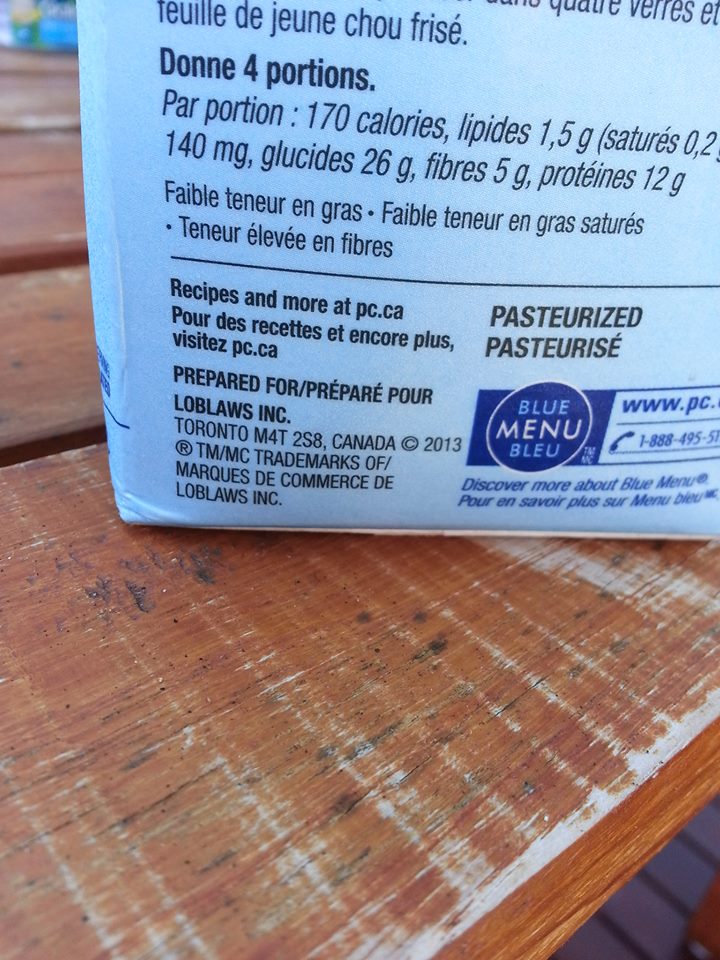It is either the nutritionist or gym rat in me, but when I look at food I only see carbohydrates, fats, and protein. And when you think of big guys lifting heavy weights in the gym soon enough the thought of protein -a gym rats best friend- will come to mind (they are nicknamed “meat-heads” for a reason after all).
In my case, whether I am truly a meat-head or not, I love my protein in many forms such as protein powder, chicken, canned tuna, eggs, and egg whites.
Manning considers a vital point when looking at the conversion of energy to produce food. He discusses how livestock are able to turn grain and carbohydrate energy into protein energy. This is something we humans ultimately cannot accomplish. As a result we must admit that to produce high quality protein (beef and pork as mentioned in the article) or in my case chicken and eggs, grains are required.
Chickens must be healthy enough to produce eggs and grow to adequate size to be slaughtered for meat. This requires them to be fed generally grain based products which must be processed using oil energy. Manning mentions how the large American grain crop is completely unpalatable until it is processed. This gives us some understanding of how we are dependant on oil energy right to the core of our food system. Even if chickens were not fed oil dependant grains, transporting the animals or eggs requires transport trucks to move them to a processing factory. At this stage, factory settings are generally using and releasing fossil fuels as well. As mentioned in the first few posts customers such as myself also must transport these goods to our homes (most likely) through the use of cars. By the time these products have reached our homes, the amount of energy required to make the product is beyond what we ingest caloricly.
For example, Manning discusses a very costly product to produce; breakfast cereal. This is a product I avoid because (from a concerned nutritionist standpoint) it is heavily proceeded and loaded with additives and sugar. He states how it takes four calories of energy to produce a single calorie if energy during cereal production. He continues by mentioning that overall a half gallon of gasoline is burned in the making of a 2 pound bag of cereal.
Personally, I think this is a ridiculous amount of energy to produce food that is not even nutritionally beneficial. If the processed food industry uses 10 calories of fossil fuel energy for every calorie it produces, it is obvious that very quickly the typical (North) American diet can contribute immensely to fossil fuel emissions
However, on the flip side, there are many production energy issues related to those trying to avoid processed foods and/or eat what is deemed “healthy”. For example, the whey isolate protein powder I so proudly use to ensure I consume a high caloric percentage each day has just one ingredient…
100% New Zealand Whey Protein

and more specifically, 100% Cold-processed undenatured cross-flow micro filtration New Zealand whey protein isolate
HUH? New Zealand?? But I thought it was produced in Vancouver??
Well that changes things now doesn’t it?
So my special protein had to be processed and packaged (which required energy) in Vancouver..
and then loaded onto a transport truck (which required energy)
which then had to take a FERRY (which required energy) to get to the single grocery store
where I, using my car, drove (which required energy) to purchase said product…
BUT
Before any of that could occur, a factory in New Zealand had to process the single ingredient (in a way that sounds very complicated and even more expensive) so that the whey could begin its long journey into my smoothie.
The same goes for many other health supplements. Vitamins, BCAAs, Glutamine, pre/post workout drinks, metabolism enhancers, greens powder and endless other miracle pills and potions are (as many people seem to forget) very processed and very chemically ridden. So even when avoiding sugary high fructose corn syrup products or breakfast cereals I am guilty of purchasing health products that use mass amounts of energy to produce. Between the fancy packaging, mystery ingredients, vehicles required to transport products to a from the factory and the store and my house, it would seem that I am no better than some who eats processed food on the daily in terms of energy requirements.
While I was never claiming superiority to anyone I did begin writing this blog with the thought that my lifestyle was relatively moderate in terms of the “Oil I Eat”. However, it has been brought to my attention that this lifestyle I choose is just as bad and in some ways potentially worsts when it comes to my individual contribution to fossil fuel emissions.
Source:
Richard Manning, “The Oil We Eat: Following the Food Chain Back to Iraq,” Harper’s Magazine, February 2004, 37-45. http://ezproxy.library.ubc.ca/login?url=http://search.proquest.com.ezproxy.library.ubc.ca/docview/233478610?accountid=14656




Recent Comments